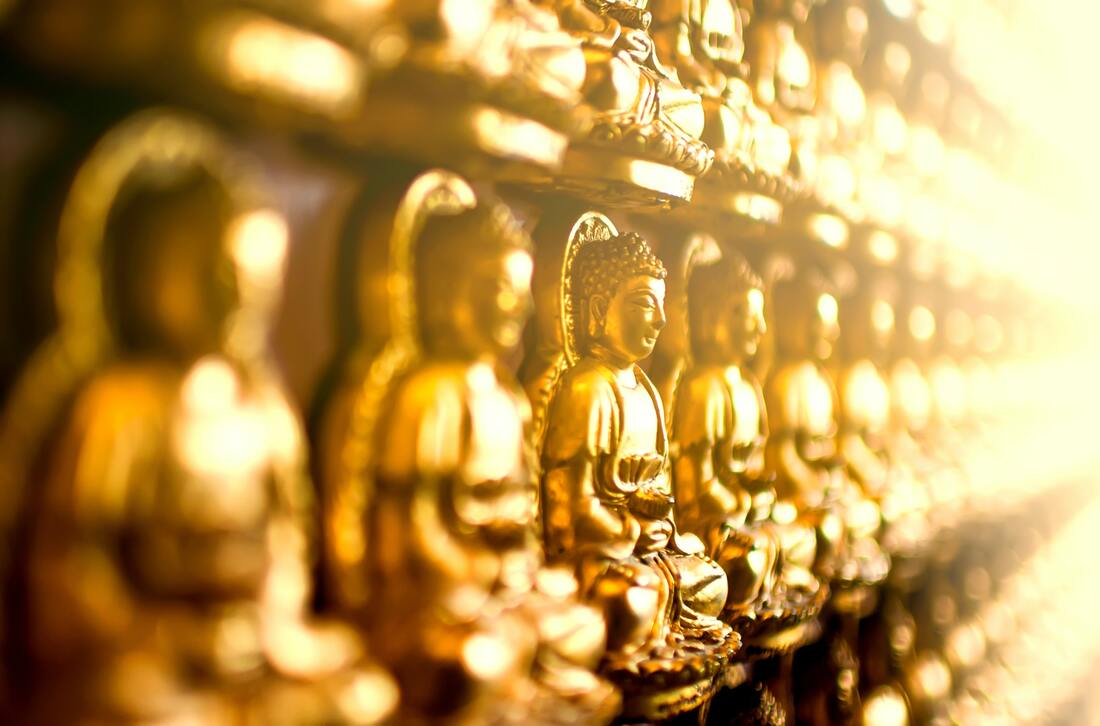These past few weeks, as school began again, some of my students came back to class with observations they had over the summer vacation. One of them was about posture and the habit of slouching. One of the students described how she observed people around her, possibly herself too, eating in a slumped position and that this disturbed her. She had become very aware of it, as we, in class, often begin our practice with checking in with our bodies, breathing into our abdomens and bringing our bodies in an upright position, so that we can connect with Earth and Heaven. Often times as we do this with awareness, my students and I begin to feel Qi flowing through our bodies; thus, sitting upright feels effortless. This discussion got me thinking a lot about habits, where we get them and how to change them.
What are habits? The American Heritage Dictionary of the English Language describes 'habit' as a noun, as "a recurrent, often unconscious behavior that is acquired through frequent repetition," as "an established disposition of the mind or character," as "a customary manner or practice," or even as "an addiction, especially to a narcotic drug." How and where does this "unconsciousness behavior" begin? Fascinating question with fascinating answers.
I became aware of Dr. Bruce Lipton a few years ago, a scientist who researched and taught Biology/ Epigenetics, then began working-teaching more about consciousness, as he realized the connections between biology and consciousness. He describes that many of our behaviors and habits are learned in the first 7 years of our lives, when we as children are not yet fully aware of our consciousness and are absorbing learned behavior by observation of the world around us; from our parents, teachers, other adult care givers as well as other children. Lipton describes that we are learning "programs," set by our parents and societies, such as how to behave in the society where we live in and in relationships to one another; the socially-acceptable norms in our particular society. But what happens when we grow up, become our own individual persons and these norms do not serve us or our needs? Lipton states that almost 70 percent of these learned-behavior are even "disempowering and self-sabotaging," as such do not aid us to become the individuals we wish to or strive to become. From the age of 6+, we become more conscious of ourselves as individuals and thus, these "programs" are operating in our subconscious, without us ever realizing; these are the norms in our lives in society, like default mode that just continues on until we start to question, if we ever do, what they are.
I personally observed and experienced one "program" that was glaringly "disempowering and self-sabotaging" from my childhood in Malaysia, as I lived in the US. I never noticed how most people in Malaysia, including my parents, would describe a performance, such as a ballet performance, which was well performed as "not bad" until I heard my American dance teachers and fellow dancers react with "great!" or "good job." I was quite stunned to hear my American dance teachers react with such enthusiasm, even in class, to my performances. It took me years to finally accept that these compliments were sincere and actually part of the American "program" of positive reinforcements to encourage and inspire confidence. It was then that I could finally acknowledge that my first years of life had instilled a "glass-is-half-empty" mentality in my being as opposed to "glass-is-half-full;" that many things I did in my life earned only a "not bad" and could not be enough to merit a "good" or even "wonderful." I came to a realization that my cultural upbringing had forced humbleness onto my being and in the process instilled a self-deprecating mentality, almost to the point of pessimism. When the realization came, which took years, I understood that I wanted to change, as these inabilities to accept compliments or looking at the world through pessimistic eyes were not really my programs and that these were not serving me in my life.
How do we change habit? I believe it begins with realization, becoming conscious of the unconscious; realization that a particular habit is not serving us. This needs observation and self-reflection. Then comes the active part which Dr. Bruce Lipton outlines in How To Reprogram Your Mind so well. Even the description of habit from the American Heritage Dictionary gives us the clues to change habit; become conscious when you have unconsciousness, and frequent repetition of the desired habit until it become the norm. In fact, the dictionary's 4th definition is even giving us the consequence if we don't change unhealthy habits; it will become an addiction like a narcotic drug.
It's quite amazing how a simple observation of a student on posture can provoke such deep reflections on life.
Image by NEOSiAM 2021 on pexels.com


 RSS Feed
RSS Feed